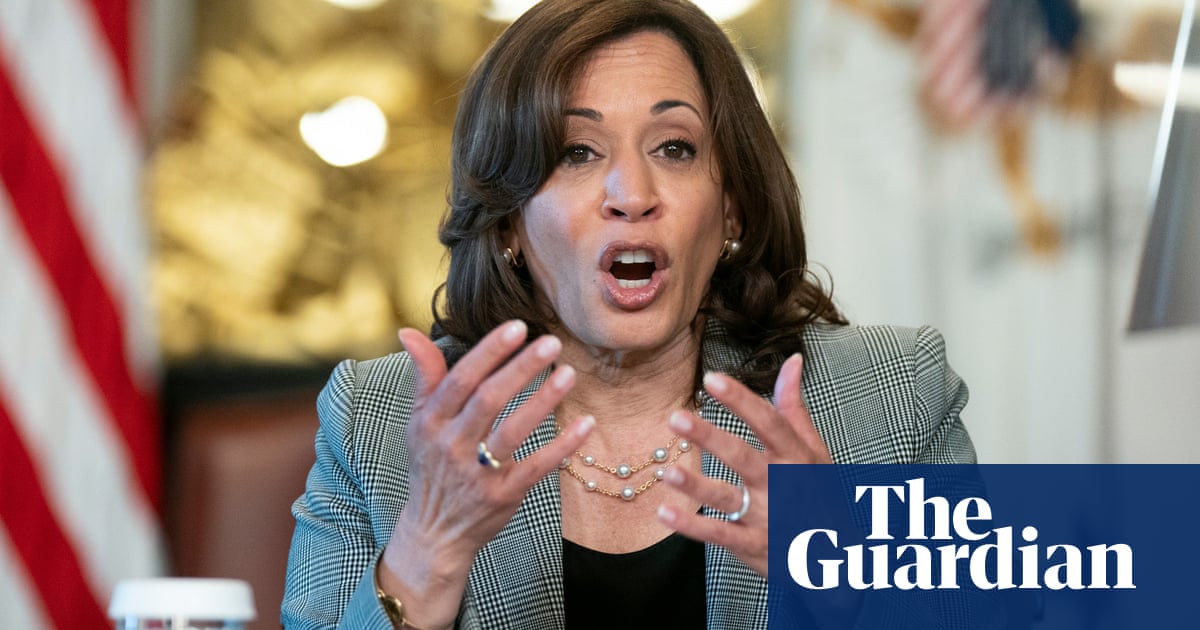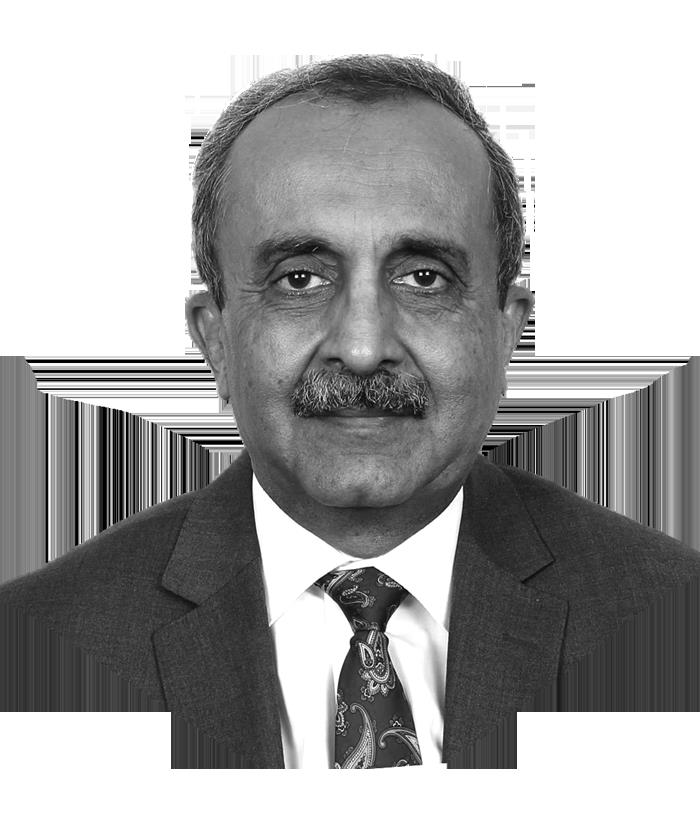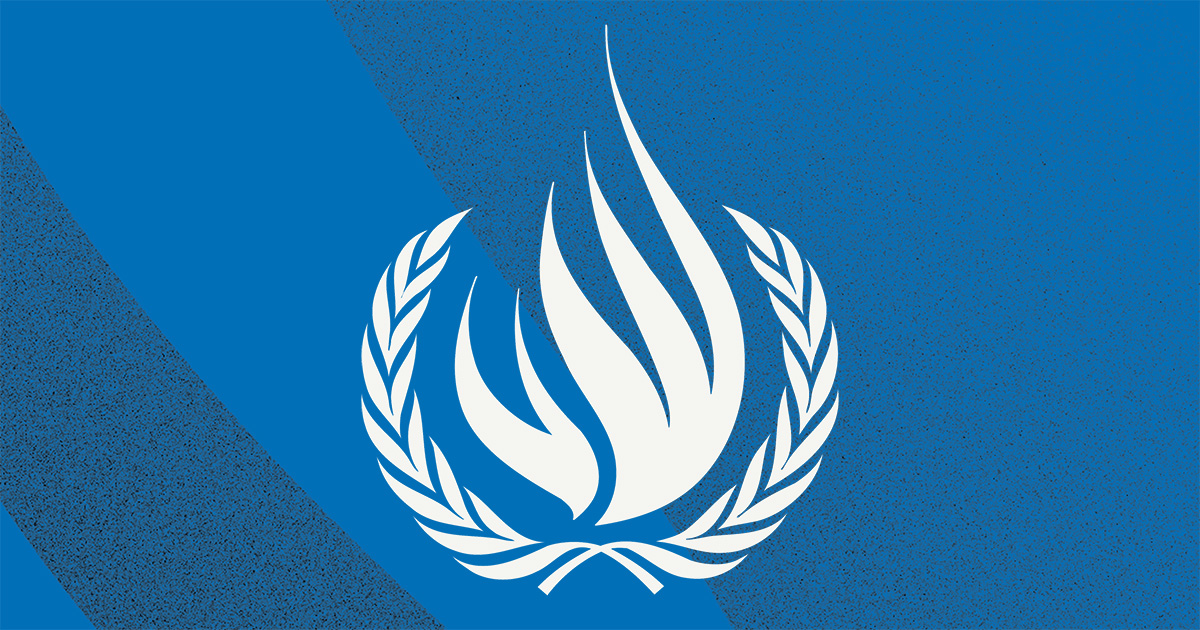
LONDON (Reuters) - Steelmakers need to take urgent action on producing less carbon in order to meet the Paris Agreement on climate change, investors managing $55 trillion in assets said on Wednesday.
Emissions from steel production account for 9% of the global total and must fall 29% by 2030 and 91% by 2050 to meet the net zero scenario laid out by the International Energy Agency in May, the Institutional Investors Group on Climate Change said.
The IIGCC, as part of the Climate Action 100+ initiative, said in a statement that while it was technically feasible to reach net zero greenhouse gas emissions by mid-century, the steel industry was being too slow to act.
Steel firms needed to set short, mid and long-term targets in line with the IEA report, and align their capital expenditure plans with net zero, including not investing in new, unabated production capacity, the IIGCC added.
They also needed to demonstrate that emerging technology can work and produce reports by the end of 2022 on how carbon capture and storage, and hydrogen-based processes can be used.
In addition, they needed to be transparent about the public policy positions they will take to accelerate their transition, for example on carbon pricing and research and development.
While nine companies responsible for around 20% of global steel production have so far set firm net zero emissions commitments, they are mainly in Europe and Asia, and are largely in line with national net zero pledges and existing regulation.
“We cannot afford to delay action – while emerging technology has a role to play, the IEA’s report highlights that existing technology can deliver 85% of the emissions reductions needed by 2030,” IIGCC Chief Executive Stephanie Pfeifer said.
ArcelorMittal, the world’s top steelmaker, and German peer Salzgitter earlier this year announced hydrogen-based projects to help lower their emissions.
In Japan, meanwhile, the country’s third-biggest steelmaker, Kobe Steel, said it plans to cut emissions by 30%-40% by 2030 from 2013 levels.
Reporting by Simon Jessop; Editing by Alexander Smith
Our Standards: The Thomson Reuters Trust Principles.












